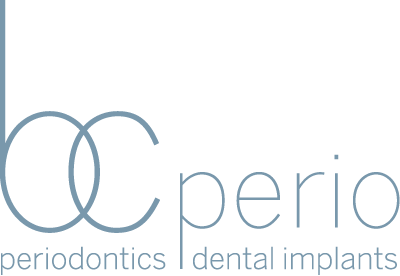Advantages to Dental Implants
Implant dentistry offers an answer to the conundrum of missing teeth. If you don’t have your teeth replaced, other teeth will move to fill the spaces, probably resulting in misalignment and long-term problems. If you have your teeth replaced with traditional dentures or crown and bridge replacements, you may have to go through several inconveniences. You could suffer long-term bone atrophy, have to have your dentures evaluated and adjusted every few years, or, with crown and bridge, have to have intact teeth restructured to make room for the replacements.
With implants, you can have a single tooth replaced without any modifications to adjacent teeth. Or you can have an entire arc or an entire mouthful of teeth replaced without the uncomfortable bulk of a traditional full denture. Because implants are set directly into the jawbone, they remain stationary, so you’ll be able to eat normally without risk of dislodging your new teeth.
Who Can Get Dental Implants?
If you have one or more missing teeth, you might be a candidate for dental implants. However, it’s important to discuss your dental and general health with your implant dentist to determine whether you’re a good candidate for the procedure. If you have any systemic problems that could interfere with successful healing, another tooth replacement might be a better option for you. Some issues that can interfere with healing include:
- Gum disease
- Smoking
- Diabetes
- Autoimmune disorders
In addition, you must have sufficient bone mass in your jaw to provide a good foundation for your implants. If the bone is too thin, bone grafts can help. This will extend the expected time it will take to complete the full implant procedure, since you’ll have to factor in healing time for the bone grafts. In total, an implant dentistry procedure can take several months.
To discuss your personal tooth replacement options, contact our office today!
